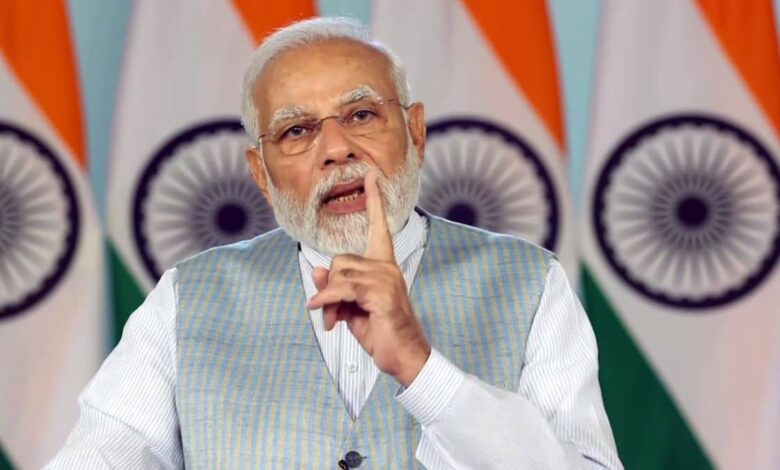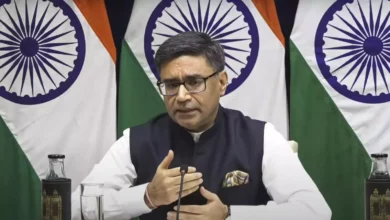
In a landmark decision on the democratic process, the Delhi High Court has thrown out a petition to disqualify the Indian Prime Minister, Narendra Modi, from standing for elections in the Varanasi constituency.
The Delhi High Court bench, with Justice Sachin Datta presiding over the case, called the petition “mala fide” and disregarded all the arguments made by Captain Deepak Kumar.
The petition claimed that Modi had sworn an oath of allegiance to the Constitution of India which he did not hold as true and correct. Also, the petitioner made reckless and outrageous allegations that the Prime Minister had committed terrorism and had planned a coup to stage a plane crash to cause the death.”
The court pointed out that the petitioner’s allegations against the Prime Minister were rather absurd and uncorroborated by any proof. The Delhi High Court, inter alia, noted that the purpose of the petition was to make scandalous allegations that had no basis at all.
This ruling clearly indicates that India’s electoral system is anchored on democratic principles. The dismissal of the petition, therefore, serves as a lesson that the rule of law should not be disregarded and that there should be no attempts to taint the image of leaders in the electoral process.
Political scientists and lawyers have applauded this decision, calling for the preservation of the principle of the purity of elections and the rights of citizens.
This ruling comes as India prepares for the next general elections in 2024. It is a clear indication that the judiciary is determined to protect democracy in the country and will not allow the electoral process to be marred by baseless accusations.



